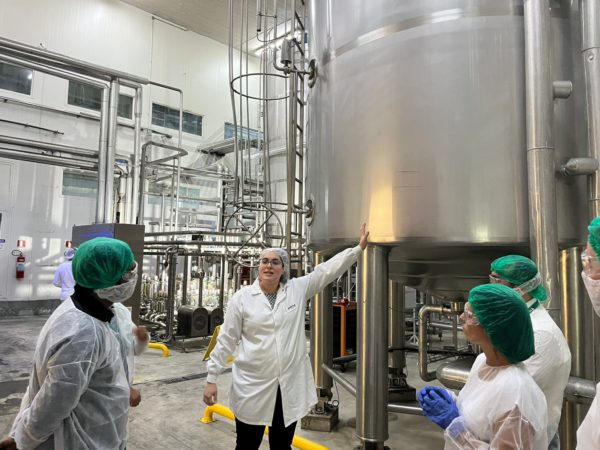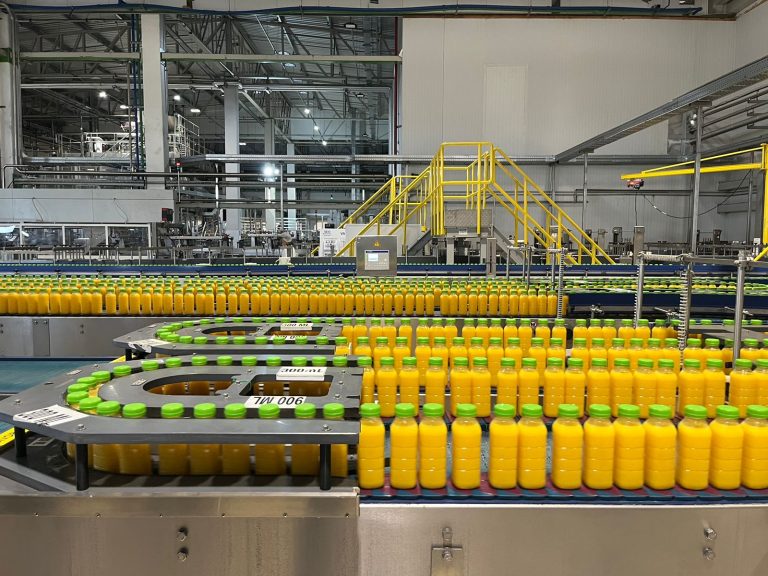São Paulo – Brazilian juice company Natural One already exports its products to over 20 countries without additives, artificial colorings, or flavorings. Its production plant in the city of Jarinu in São Paulo, Brazil, has been halal-certified since 2018. According to the brand’s global vice president Rafael Catole, the certificate was obtained due to the partnerships with Muslim-majority countries such as Malaysia and Indonesia.

“China has also been demanding halal certification because it has a considerable Muslim community,” said Catole, who also mentioned the certificate guarantees the high quality of the product.
A sales hit in Brazil, Natural One juices are also sold – in addition to the countries already mentioned – in the Philippines, Singapore, Hong Kong, Japan, and Qatar. “We are looking for opportunities in the Middle East, especially in the United Arab Emirates and Saudi Arabia,” said Catole. In Latin America, the juices can be found on retailer shelves in Chile, Peru, Colombia, and soon, Uruguay.
Natural One’s juices are in the not from concentrate (NFC) category. Furthermore, the packaging is easy to palletize, and one container can hold 25,000 liters of bottled juices with tropical flavors such as orange, mango, guava, grape, green juice, pink lemonade, and lemon, among others. “These are high-quality, ready-to-drink products,” said Catole.
“Here in São Paulo, we are in the citrus belt, with quick access to fruits, and 70% of the total juices are made with fruits from our own farms,” said Catole. The juices have a ten-month shelf life.

In production, the juice is pasteurized at 90ºC for 15 seconds, and the rest of the production chain is refrigerated; in retailers, the product is stored cold. German machinery carries out virtually the entire process under human supervision and is inspected down to the smallest detail. In minutes, the juice is bottled and packaged in packs of six or more bottles of different sizes and organized on pallets.
Two months ago, Natural One launched four flavors of oat milk on the Brazilian market: Natural, cocoa, cappuccino, and red berries. The company also intends to sell this new product to the foreign market.
Marketing manager Gustavo Ribeiro received a group of Arab buyers and journalists on a visit to the plant with Catole. Process analyst Gabriela Ferri guided a tour of the factory. The visit occurred in parallel with the Global Halal Brazil Business Forum (GHB), which ends this Tuesday (23).
The foreign buyers came to Brazil at the invitation of the Halal do Brasil Project, which aims to foster Brazilian exports of value-added halal foods, a joint initiative of the Arab-Brazilian Chamber of Commerce (ABCC) and the Brazilian Trade and Investment Promotion Agency (ApexBrasil).
Translated by Elúsio Brasileiro




